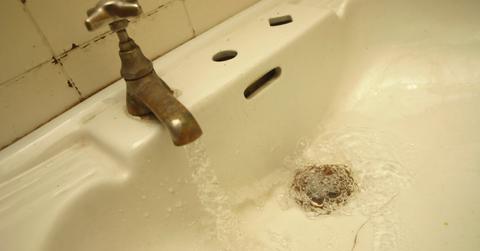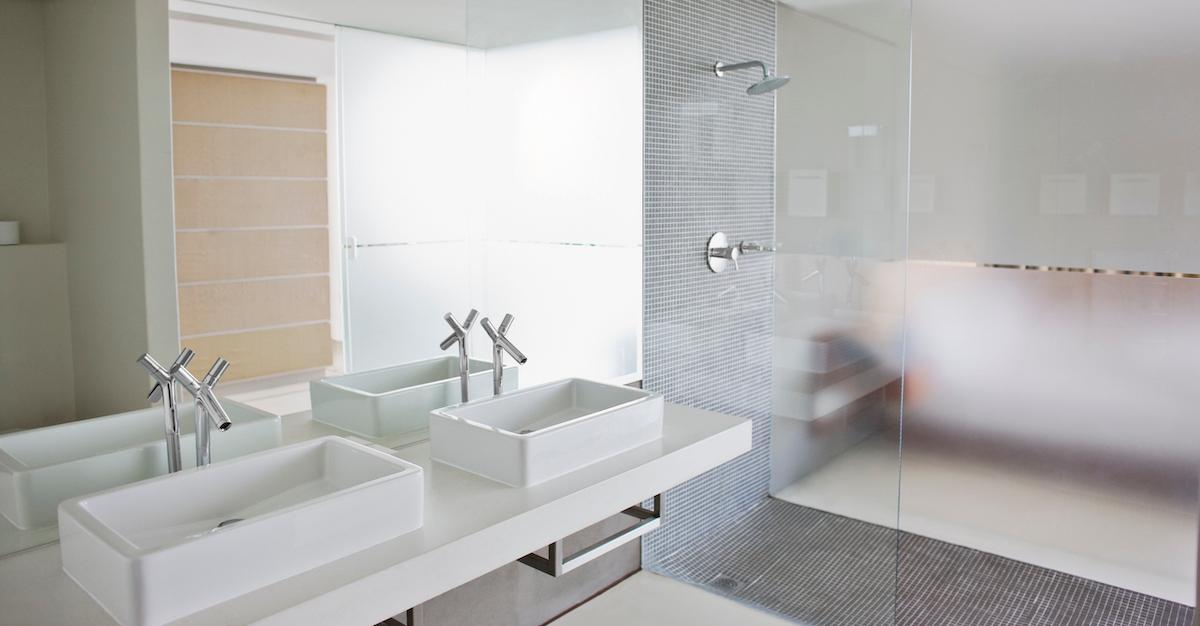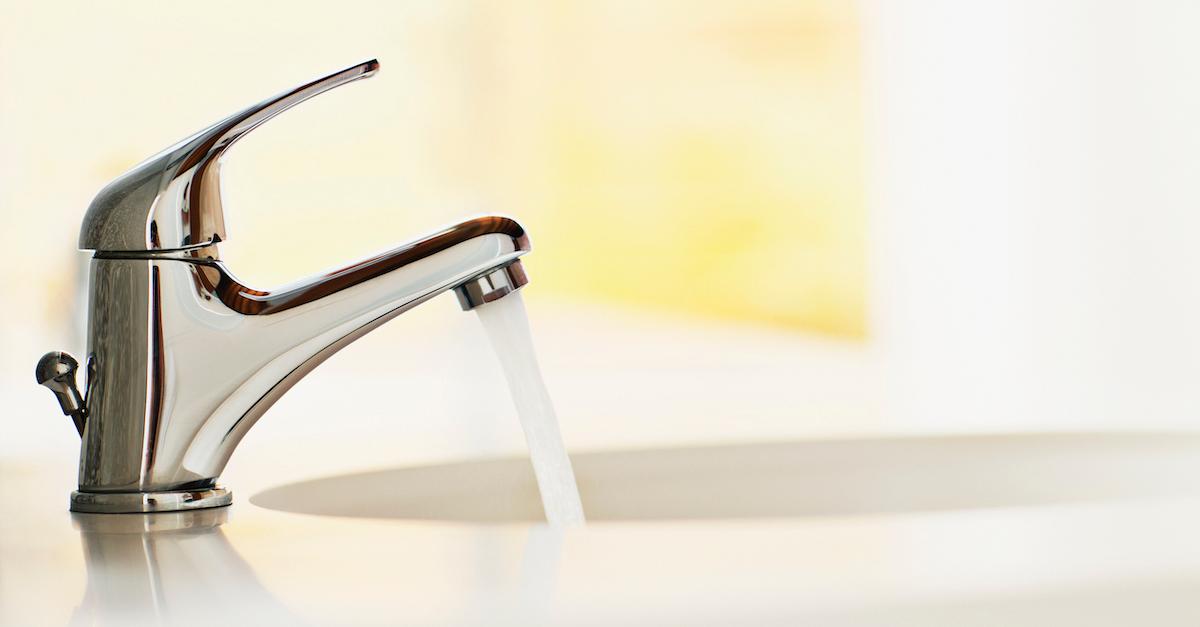Greywater Systems Reduce Household Water Waste by up to 40 Percent
Published March 29 2022, 11:32 a.m. ET

One of the most daunting aspects of climate change is drought. Continuously rising temperatures and unbearably dry conditions — which are only occasionally saturated by torrential rain storms — are limiting one of the most important natural resources: water.
That's why so many eco-friendly folk are looking to implement greywater systems, to recycle their household water.
Fremont, Calif. resident, Shreya Ramachandran, is a student at Stanford University. Back in 2016 when she was only in seventh grade, she launched a nonprofit called The Grey Water Project to promote greywater systems, in response to the ongoing droughts plaguing much of California at the time..
“It’s such an essential drought solution and something we should all be doing more of,” she told The Washington Post.
Likewise, 43-year-old Sarah Almand and her husband included a greywater system upon purchasing their Arizona home in 2019, per The Washington Post, to help combat ongoing droughts that also affect the state's arid climate.
“I had never heard of a greywater system, but I was really interested,” Almand, 43, whose family includes two young children. “I like to help out the environment, especially in Arizona, where water is scarce.”

Greywater systems could be the answer to reducing household water waste.
If you aren't familiar with a greywater system, it allows homeowners to reuse water used in the home for landscape irrigation, according to Mercury News. It takes water from from bathroom sinks, bathtubs, showers, and washing machines, but not from the kitchen or toilets, because that water can be contaminated with food or waste.
The water flows to gardens immediately, and can't be saved for later, as soaps and detergents can start to smell when they are stored for too long. A greywater system can cost anywhere from $1,000 to $10,000, depending on what kind you get.
Greywater is better for watering shrubs, trees, vegetable gardens (aside from root vegetables), and other native plants — as opposed to your lawn — so don't expect it to keep your grass green. But, if you're using it for edible plants, make sure to use plant-friendly biodegradable, salt-free soaps and detergents.
Greywater can also clog drip irrigation systems, so it requires dedicated distribution lines.
Greywater can reduce water waste by up to 40 percent, according to estimates, but they certainly aren't for everyone. If you want to save some water and care about having a yard with greenery — specifically in a dry climate — it could definitely be advantageous. Certain communities promote them with financial incentives, while others don't allow them at all.
Luckily, though, there are other ways to save water at home, which we've detailed, below.

Some communities don't allow for greywater systems.
Sadly, not all communities allow for greywater systems because municipal codes vary greatly, and some don't allow permits for greywater systems to be installed.
But if you want to recycle water otherwise, doing so is totally possible. Keeping a bucket in the shower allows you to collect runoff and use it for irrigation (assuming you're using plant-friendly soap).
You can also use rain barrels to collect rain water, wash your car (with non-toxic soap) near your garden to ensure runoff is used to water the plants, and use more efficient dish soap to get your dishes cleaner, faster.
Conserving water as much as possible is crucial, regardless of how you decide to do it.
Green Matters’ new book, Green Living, is the perfect guide to living an eco-friendly lifestyle for people at every stage of the process. You can order Green Living here.